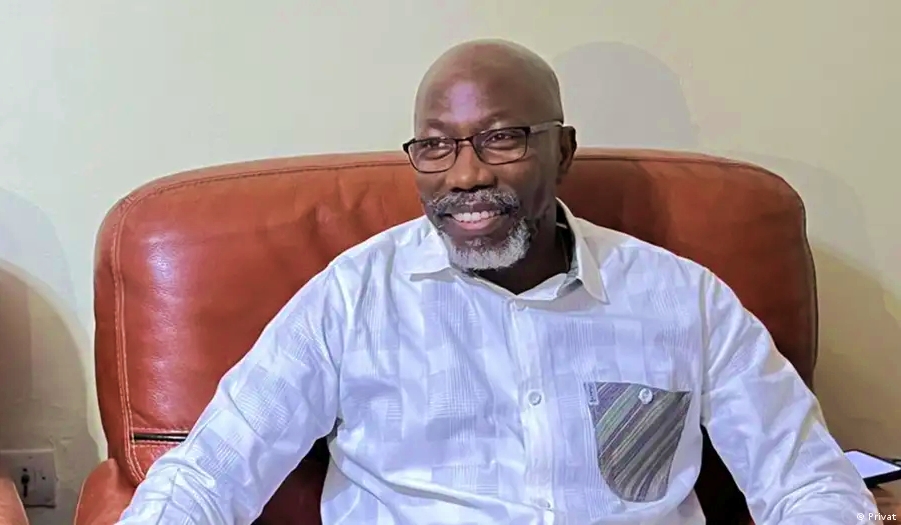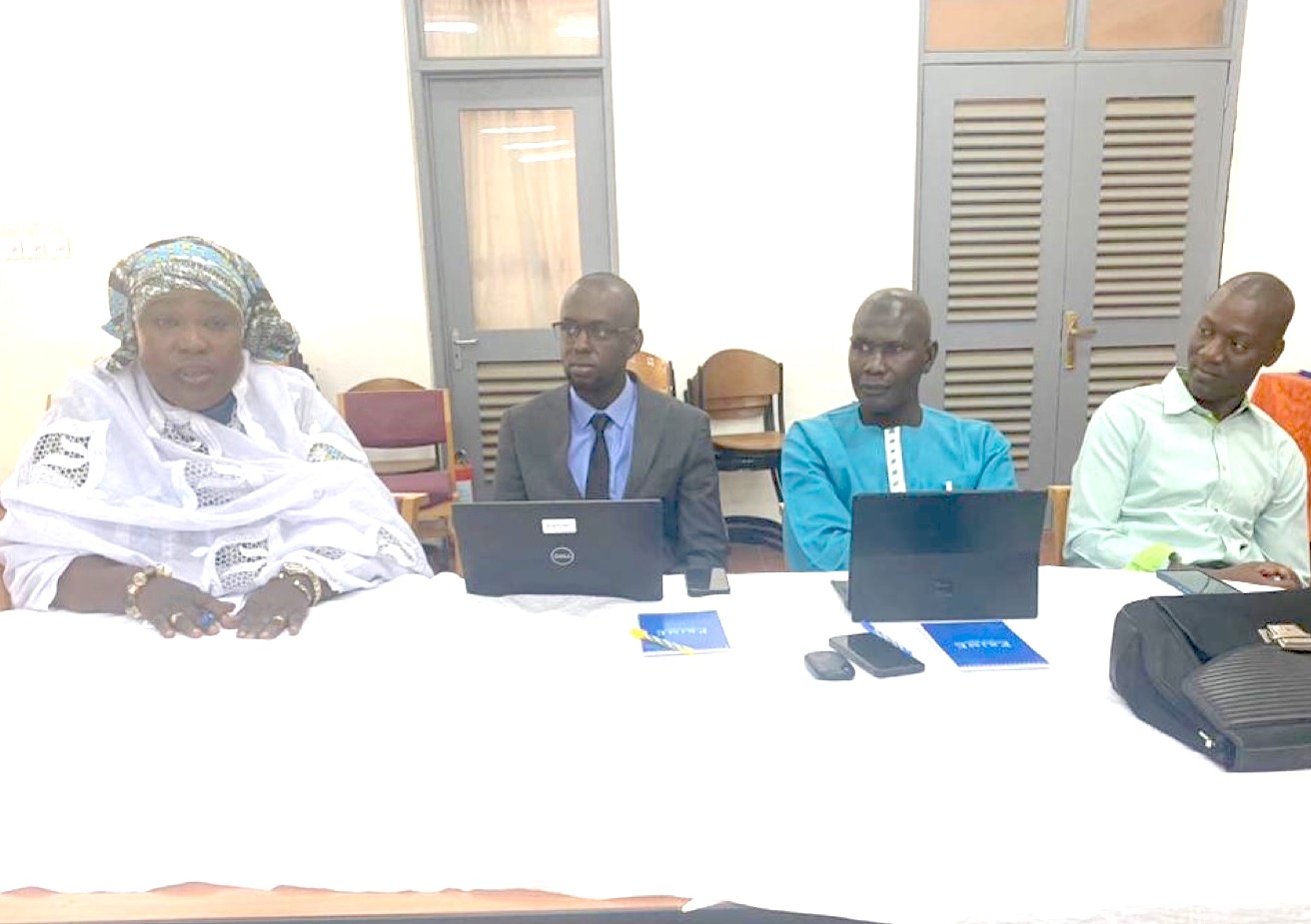Gambiaj.com – (KANIFING) – A major step has been taken in the direction of guaranteeing the security and welfare of kids in the educational system by The Gambia’s Gender Education Unit, which is housed within the Ministry of Basic and Secondary Education. The Sexual Harassment Guidelines and code of conduct for the education sector were recently revised and evaluated by the unit with financing from the SWEED project, which aims to address significant issues affecting adolescent girls.
The updated guidelines now include more comprehensive definitions of sexual harassment and provide clear procedures for reporting and addressing incidents. In addition, the guidelines emphasize the importance of creating a safe and supportive environment for students to speak up about any misconduct they may experience.
Enhancing gender equality and guaranteeing a secure learning environment for all children were the main goals of the modification, which was carried out during a session at the Directorates conference hall in Kanifing.
Participants engaged in presentations and discussions on life skills, livelihood skills, gender dynamics, and other critical issues affecting the protection of young boys and girls. They also discussed strategies for implementing the revised guidelines effectively and ensuring that all staff members are trained on the proper protocols. The session concluded with a commitment from all participants to prioritize the safety and well-being of students and to continue working towards creating a more inclusive and equitable educational environment.
Isatou Jallow, the Gender Focal Point, emphasized the government’s commitment to gender equality and the urgent need to address challenges like FGM, SGBV, and child marriage.
In her capacity as a World Bank representative, Alieu Bah emphasized the project’s focus on expanding access to vital health and educational services, especially for women. Policies that empower women and advance gender equality can help reduce dropout rates, which are frequently associated with forced marriage and adolescent pregnancy.
In order to adequately safeguard children in educational settings, Tida Jatta Jarju, Director of In-Service Training and Lifelong Learning at DITaLL, emphasized the significance of updating the code of conduct. The SWEED Project’s operations manager, Omar Mbakeh, expressed satisfaction with the evaluation process and noted that it was in line with the project’s objectives of promoting girls’ education and preventing gender-based and sexual violence.
Deputy Permanent Secretary Jerreh Sanyang emphasized the importance of children’s safety in both community and school settings, as well as the cooperative efforts between the Ministry of Education and stakeholders. The Ministry restated its dedication to shielding kids from violence of any kind.
By taking these proactive measures, The Gambia is demonstrating its commitment to protecting children and promoting a culture of respect and accountability within its educational institutions.










